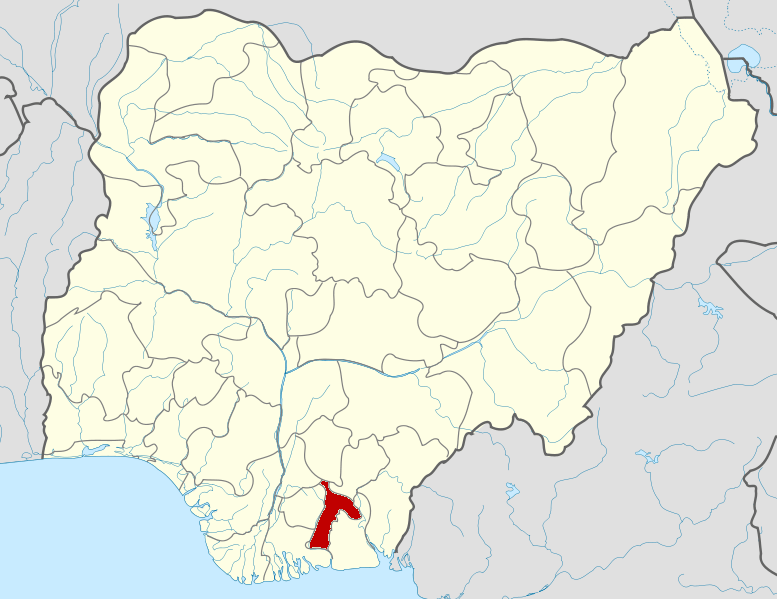
Bennett Oghifo
The Nigerian Institute of Quantity Surveyors (NIQS) has resolved to take a stand to stop inefficiency in public spending on infrastructural development in the country.
Quantity surveyors are key professionals responsible for managing construction costs, ensuring value for money, and promoting economic efficiency in the built environment.
The Institute thus called for a new governance imperative that must become a national agenda.
“Nigeria as a nation must understand that the most brilliantly conceived infrastructure plan can fail without a strong governance backbone,” said the President of NIQS, QS Kene Christopher Nzekwe, ahead of their 31st biennial general meeting billed to hold in Abuja.
The conference, themed: ‘Rebuilding Nigeria: Enhancing National Development Through Fiscal Reforms, Infrastructure Planning and the New Governance Imperative’, is important at this time because it highlights the critical role Quantity Surveyors play in Nigeria’s national development, particularly in the areas of infrastructure planning and fiscal reforms, Nzekwe said.
The ‘New Governance Imperative’, he said, is “a call for radical transparency, institutional accountability, and unwavering ethical conduct across the entire project lifecycle.
“Inefficient infrastructure spending has long been a leakage point in our national treasury. Our profession’s expertise in strategic cost planning, value engineering, and rigorous procurement processes is the antidote. We must ensure every Naira allocated to roads, power, housing, and social infrastructure is optimised to provide maximum benefit to the Nigerian populace.”
The conference, he said, would strengthen avenues for proper infrastructure service delivery, building adequate capacity for the government’s initiative which decentralised the approval process for public-private partnership (PPP) projects, allowing ministries to independently approve projects valued up to N20 billion.
The conference will feature specialised sessions focused on leveraging the principles of the National Integrated Infrastructure Master Plan (NIIMP) by introducing contemporary cost management tools and robust project governance frameworks designed to mitigate risks and eliminate waste in public works.
The Institute challenged all industry players, including regulatory bodies, contractors, and consultants, to adopt digital technologies and standardised practices that promote openness and foster a competitive, ethical business environment, which is essential to attract private sector investments.
Nigeria, he said, “stands at an inflection point, the bold fiscal reforms currently being pursued by the Federal Government of Nigeria, through the establishment of the Presidential Committee on Fiscal Policy and Tax Reforms with the aim of streamlining the tax landscape, harmonising taxes and promoting transparency is worthy of attention.
“Understanding the Nigerian Tax Act 2025, which consolidates over 10 separate tax statutes into four interconnected Acts, simplifying the tax system and reducing administrative bottlenecks must be well-understood by Quantity Surveyors.
“Similarly, optimising asset management, through the National Urban Development Policy (2025-2035), which encourages public-private partnerships in infrastructure development and promotes sustainable urban development is critical for national development.
“These policies are not just economic adjustments; they are the necessary foundation for a sustainable future.
“Our conference is dedicated to translating these reforms from policy blueprints into tangible, cost-efficient, and corruption-proof realities. It is very important to emphasise that Quantity Surveyors, as the custodians of project cost intelligence and value-for-money, are pivotal to the successful delivery of these national agenda.”
He said they would espouse the role of cost management in national development, thereby highlighting the crucial intersection between fiscal discipline and infrastructure delivery.
The NIQS lauded President Bola Tinubu for creating the Public Tax Accountability Council, charged with publishing quarterly reports on tax revenue utilisation.
“This is an action which introduces measures to improve transparency and accountability. This action by government reinforces our believe that we must replace opaque processes with clear, verifiable standards that restore public trust in government contracting and capital expenditure.”


